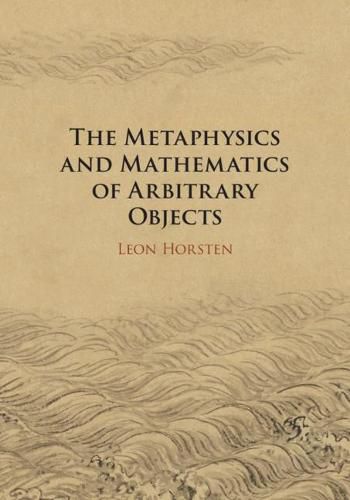Readings Newsletter
Become a Readings Member to make your shopping experience even easier.
Sign in or sign up for free!
You’re not far away from qualifying for FREE standard shipping within Australia
You’ve qualified for FREE standard shipping within Australia
The cart is loading…






Building on the seminal work of Kit Fine in the 1980s, Leon Horsten here develops a new theory of arbitrary entities. He connects this theory to issues and debates in metaphysics, logic, and contemporary philosophy of mathematics, investigating the relation between specific and arbitrary objects and between specific and arbitrary systems of objects. His book shows how this innovative theory is highly applicable to problems in the philosophy of arithmetic, and explores in particular how arbitrary objects can engage with the nineteenth-century concept of variable mathematical quantities, how they are relevant for debates around mathematical structuralism, and how they can help our understanding of the concept of random variables in statistics. This fully worked through theory will open up new avenues within philosophy of mathematics, bringing in the work of other philosophers such as Saul Kripke, and providing new insights into the development of the foundations of mathematics from the eighteenth century to the present day.
$9.00 standard shipping within Australia
FREE standard shipping within Australia for orders over $100.00
Express & International shipping calculated at checkout
Building on the seminal work of Kit Fine in the 1980s, Leon Horsten here develops a new theory of arbitrary entities. He connects this theory to issues and debates in metaphysics, logic, and contemporary philosophy of mathematics, investigating the relation between specific and arbitrary objects and between specific and arbitrary systems of objects. His book shows how this innovative theory is highly applicable to problems in the philosophy of arithmetic, and explores in particular how arbitrary objects can engage with the nineteenth-century concept of variable mathematical quantities, how they are relevant for debates around mathematical structuralism, and how they can help our understanding of the concept of random variables in statistics. This fully worked through theory will open up new avenues within philosophy of mathematics, bringing in the work of other philosophers such as Saul Kripke, and providing new insights into the development of the foundations of mathematics from the eighteenth century to the present day.